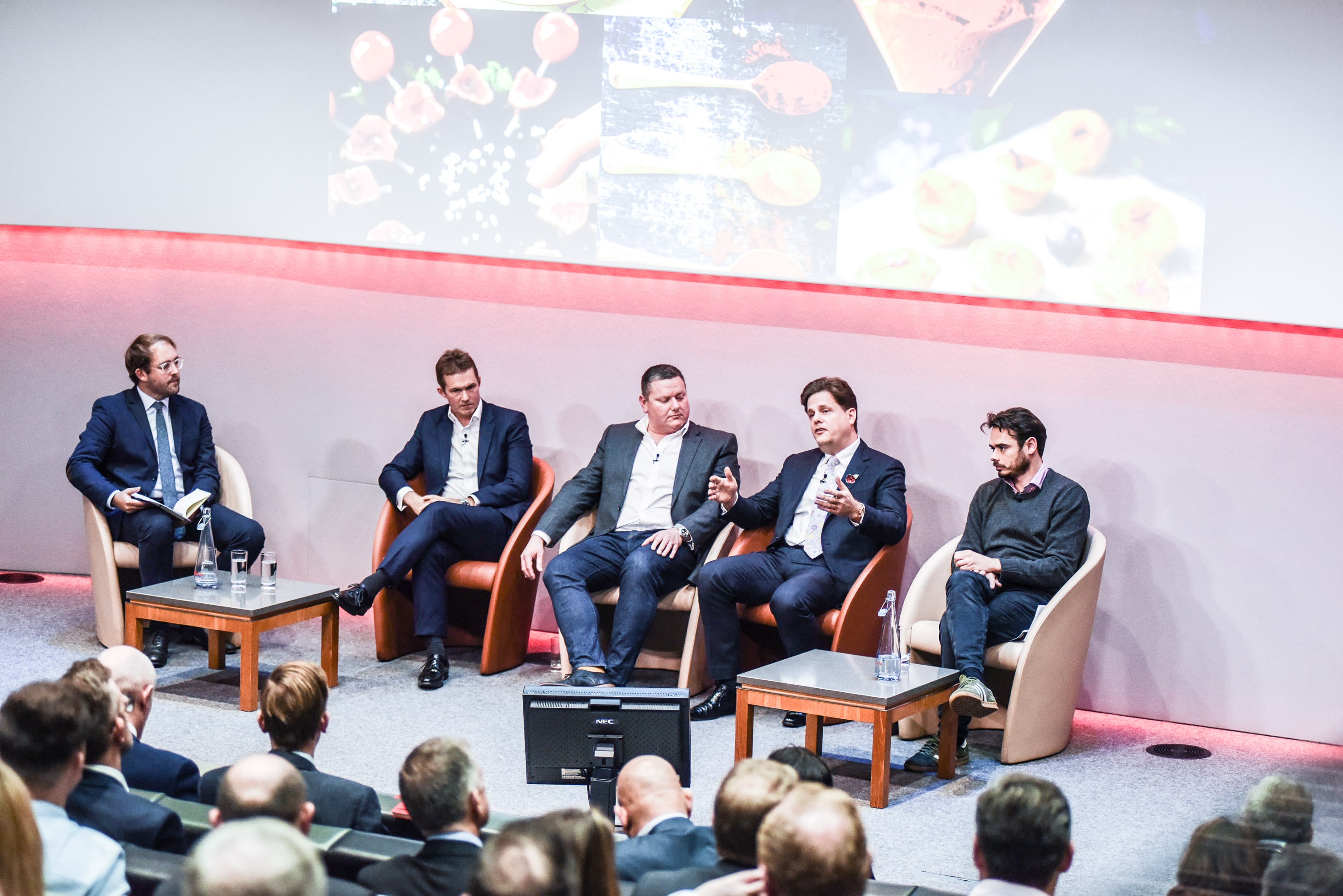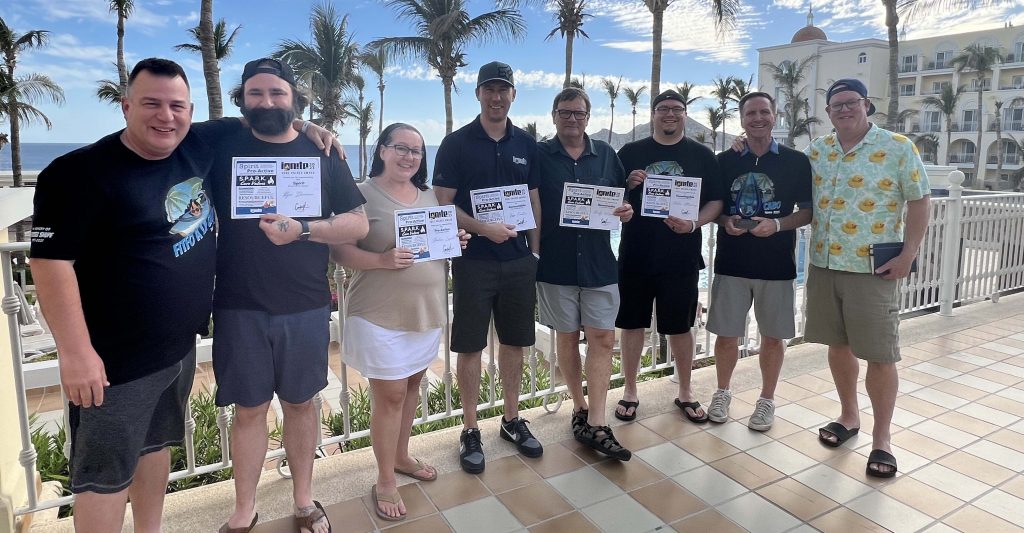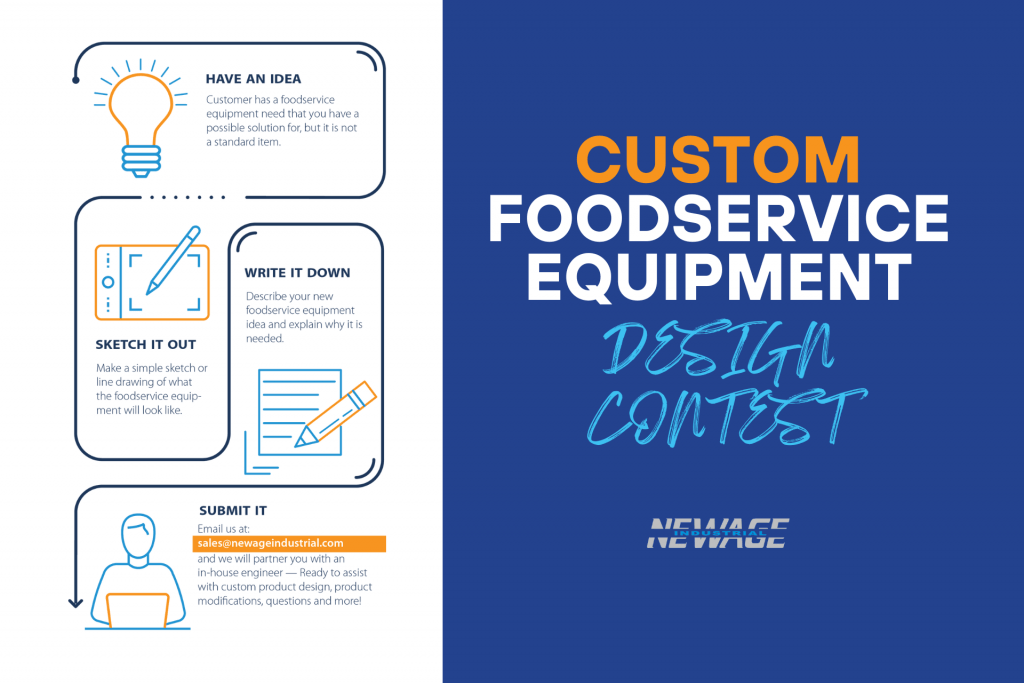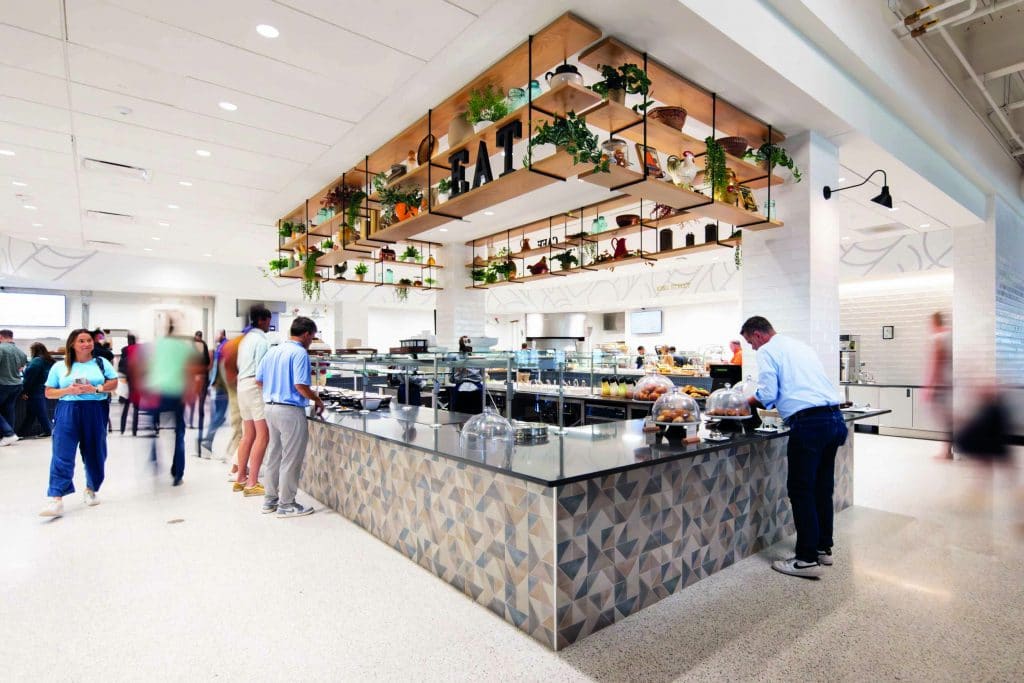
Future: personalisation
Starting the conference was Professor David Russell FCSI, chairman of The Russell Partnership Collection. Diving straight to the heart of the conference’s theme, Russell confronted the oncoming themes and trends that the foodservice industry should be paying attention.
The future of foodservice, according to Russell, is personalisation. Even the most basic grab-and-go consumer items are now expected to suit individual needs. Russell’s answer to this is psychographics: the study of individual attitudes, interests and feeling, in an attempt to segment the market and thus more effectively engage with the customer.
Throughout the day, other guest speakers echoed Russell’s cry for unique dining experiences. Kate Taylor, nutrition expert and founder of the Food Boss, predicted that, in the next five years, personalised nutrition will be a main focus of the industry. This involves basing one’s diet and mealtimes on their individual productivity, with implications for .
Psychographics and personalisation are to take leading roles in The Russell Partnership’s involvement in the Dubai-based Expo 2020. Working alongside Tricon Foodservice Consultants, The Russell Partnership will use psychographic principles to engineer optimum dining experiences for all visitors.
Future: catering for the workplace
Another topic that received significant attention throughout EP Magazine’s event was the changing role of workplace dining.
As cities become increasingly congested, while worries simultaneously grow about pollution and overcrowding, caterers are having to adapt their methods of delivering good food, at good prices, to businesses.
Mike Coldicott FCSI, managing director of Tricon Foodservice Consultants, gave his perspective on how to tackle the problems caterers face in cities. He acknowledges that, as real estate prices escalate, there is a pressure on foodservice consultants to find solutions to spatial demands.
This leads to the debate over how to utilise space: should one invest in a central kitchen or a production location on city outskirts? Coldicott predicts that the future will involve minimal kitchen space onsite, with strategic off-site distribution plans leading the sector.
Future: communication and collaboration
Many in the auditorium agreed with these positive additions to the future of foodservice. However, the majority also hoped that the future would ideally involve the absence of something that is currently prevalent in the day-to-day dealings of most consultants: the hassle of the procurement process.
When asking the audience, “Who in here loves the procurement process?”, Chris Stern FCSI was met with laughs, but no answer. The managing director of Stern Consultancy believes that several actions need to be taken in regards to procurement for foodservice projects.
These actions include simplification of the process, increased communication and transparency, and for parties to plan and stick to realistic timetables. While believing the procurement process is vital, it is also imperative to have cooperation between procurement personnel and caterers in Stern’s view.
As millennials continue to overturn the industry, and new trends drive out old methods, the foodservice sector is forced to confront an ever-increasing pile of spatial and logistical challenges. EP Magazine successfully confronted these issues at the conference, with a range of expert speakers addressing just what they believe the future of foodservice to be.
More information on EP Magazine: http://www.epmagazine.co.uk/
Emily Lewis




